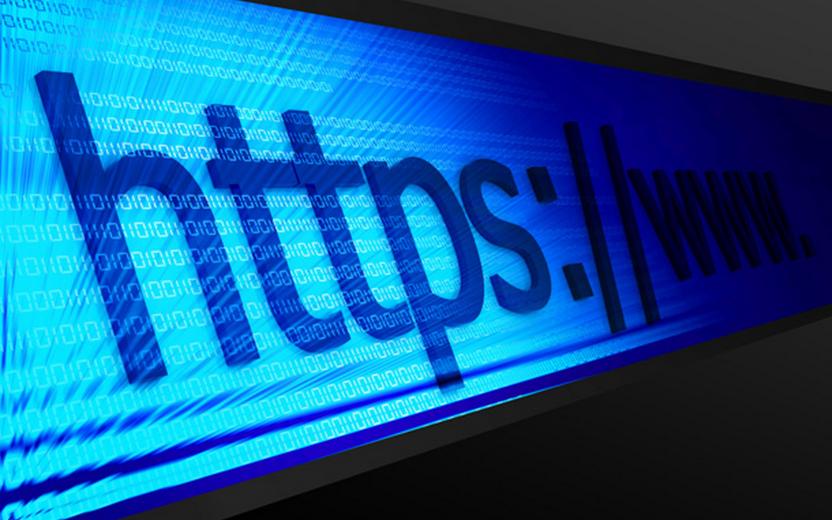The IT Security Office offers no-cost SSL server certificates through the InCommon Digital Certificate service. The service is contracted through Comodo.
What are the benefits of an SSL certificate?
- User privacy and data integrity: data is encrypted as it moves over the network. It cannot be easily intercepted or altered.
- Strong assurance of server authenticity: the certificate is signed by Comodo's certificate authority, which is one of a limited number of certificate authorities automatically trusted by major browsers.
When should I use an SSL certificate?
You should use an SSL certificate in any of the following cases.
- Services that require users to authenticate.
- Services that display or ask the user to provide any of the following types of data.
- Protected by federal or state legislation (for example: medical histories, personal financial data, student visa status, social security numbers)
- Sensitive or confidential (for example: University budgets, physical security infrastructure documents, vendor contracts)
- When the ability to confirm the authenticity of the server is a requirement. For example, in a limited development environment a self-signed certificate may be acceptable. The corresponding production service, however, may require the assurance of a certificate signed by a globally-recognized certificate authority.
What types of certificates are available?
- InCommon SSL: Single domain certificate.
- InCommon Multi-Domain: Secures up to 100 different domain names on a single certificate.
- InCommon Code Signing: Certificate-based digital signature used to sign executables and scripts in order to verify the author's identity. Ensure the code hasn't been changed or corrupted after signing by author.
- InCommon WildCard SSL: Secures the domain and unlimited sub-domains of that domain.
All certificates are available with a one-year term.
For more details about each certificate type, see the Types of Certificates page.
Request a Certificate
Use the SSL Certificate Request Form for:
- Single domain certificates
- Multiple domain certificates
For the other certificate types, contact the IT Service Desk.
Important: Contact the IT Service Desk to revoke a certificate if:
- The server is compromised.
- The private key is compromised or lost
- Your passphrase is compromised or lost.
Support Contact:
Cornell IT Service Desk
Normal Business Hours: Monday-Friday, 8am-6pm (Eastern Time)
Open a ticket (24x7 support)
Emergency Service Disruptions: After Hours Support


Comments?
To share feedback about this page or request support, log in with your NetID